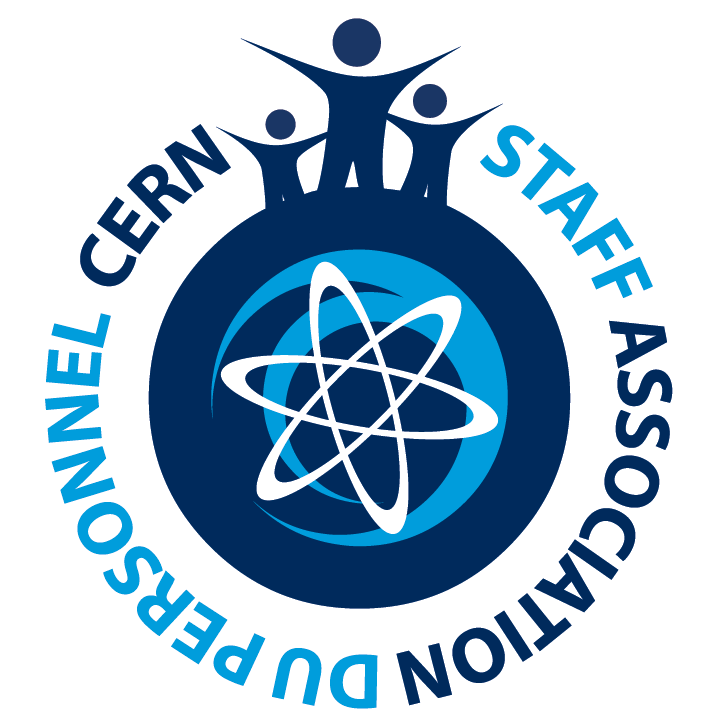Fundraiser for High Education in Lebanon

Lebanon is currently fighting off an unprecedented economic crisis, food shortage, the COVID-19 pandemic, and to top it all, the dreadful consequences of an explosion that caused damage to over half of Beirut with the likely cost above USD 15 billion. At this pivotal moment, every effort is being made to help Lebanon.
Four Lebanese universities are members of the CMS experiment at CERN’s LHC and have made increasingly significant contributions to its upgrade program. Both CERN and CMS have recognized the potential of the scientific community of the country and have agreed to launch a technology transfer effort to create the first local High Performance Computing facility dedicated to scientific research. This capacity building project is called HPC4L and is led by the CERN advisor for the MENA region and CMS Engineering and Technology Interface, Martin Gastal.
CERN has agreed to provide recycled computing hardware (servers and disks) as a donation, while CMS is training the specialists who will operate the HPC4L facility in Beirut. Some funds have also been secured from the EU to train Lebanese specialists in disciplines required for the autonomous operation of the facility.
In the aftermath of the multiple crises unfolding in Lebanon, some expenses that were to be covered by the Lebanese partners have become unaffordable. That is why CMS, in collaboration with the Sharing Knowledge Foundation (SKF), are working together to launch a fundraising campaign to salvage the project and support scientific research in Lebanon in these challenging times.
Use of the HPC4L facility
Stakeholders in the partner universities have listed the disciplines that require the computing capabilities promised by HPC4L. These range from High Energy Physics, Oil and Gas Exploration, Financial Forecasting, Genome Analysis, and Social Sciences, to Computational Biology. Having such significant computing power at hand will allow universities to retain their top students by offering them opportunities to carry out research in Lebanon as PhD students or Postdocs.
Having a local HPC facility will offer a local alternative to the purchase of cloud computing services. The high cost of such services has been a major obstacle to the ability of Lebanese universities to launch research projects.
SKF role and impact
Funds would be gathered by SKF in a dedicated account, and SKF will exercise due diligence concerning the origin and final destination of the funds. The funds will be disbursed by SKF at the request of the CMS collaboration, represented by Martin Gastal.
The following are the purposes for which invoices are envisaged:
- Shipping of computing equipment to Lebanon,
- Purchase of a limited number of missing computing items,
- Purchase of return air tickets from Lebanon to Geneva for trainee IT specialists,
- Payments to the CERN hostel for overnight stays during their training at CERN,
- Payment to the operator of the CERN cafeteria (Novae) for meals during their training at CERN.
The funding target is 50kCHF, of which a maximum of 5000CHF will be allocated for shipping the CERN hardware, about 40% will be dedicated to purchasing additional hardware needed for the HPC centre, and 50% to the travel and local expenses for visits to CERN by trainees invited by CMS.
The shipment of equipment to Lebanon and its installation in the HPC centre will be verified by Martin Gastal.
More information on this link.
